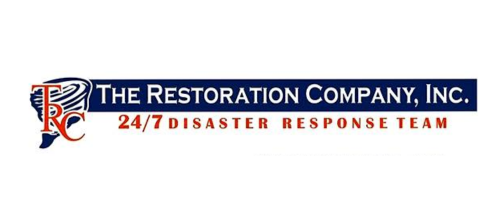Crime scene cleanup is a specialized field that requires proper training, certification, and mental resilience. These professionals help families and communities recover from traumatic events by safely cleaning and restoring affected areas.
What Does a Crime Scene Cleaner Do?
Crime scene cleaners handle biohazardous materials and restore properties after traumatic events like homicides, suicides, accidents, and unattended deaths. The work involves removing blood, bodily fluids, and contaminated materials while following strict safety protocols. Cleaners also work on hoarding situations, drug lab cleanups, and other hazardous waste removal.
Education and Training Requirements
Most companies provide on-the-job training, but having relevant background helps. Consider pursuing:
Basic Education: High school diploma or GED is typically required. Some employers prefer college coursework in biology, chemistry, or related fields.
Specialized Training: Complete bloodborne pathogen training, OSHA hazmat certification, and biohazard cleanup courses. Many training programs are available online or through community colleges.
Certifications to Obtain: Get certified in bloodborne pathogen handling, respiratory protection, and hazardous waste operations. The American Bio Recovery Association offers industry-specific training programs.
Skills You Need
Physical Requirements: This job demands physical stamina for long hours, lifting heavy equipment, and working in confined spaces while wearing protective gear.
Mental Strength: You must handle emotionally difficult situations with compassion and professionalism. Strong stress management skills are essential for dealing with traumatic scenes.
Attention to Detail: Thorough cleaning is critical for health and safety. Missing contaminated areas can pose serious health risks to future occupants.
Finding Job Opportunities
Where to Look: Search job boards like Indeed, LinkedIn, and company websites. Look for biohazard cleanup companies, restoration services, and crime scene cleaning specialists in your area.
Types of Employers: Independent cleanup companies, restoration franchises, funeral homes, and some healthcare facilities hire crime scene cleaners.
Starting Your Search: Begin by researching local companies and reaching out directly. Many smaller companies may not actively advertise openings but are willing to train the right candidates.
Salary Expectations
Entry-level positions typically start at $15-20 per hour, with experienced cleaners earning $25-35 per hour. Many companies pay overtime for emergency calls. Full-time employees often receive benefits including health insurance and paid time off.
Preparing for the Application Process
Resume Tips: Highlight any experience with cleaning, healthcare, emergency services, or hazardous materials. Emphasize reliability, attention to detail, and ability to work under pressure.
Interview Preparation: Be ready to discuss why you want this career and how you handle stress. Employers look for candidates who understand the emotional demands and remain professional in difficult situations.
Background Requirements: Most employers require background checks and drug testing. A clean criminal record is typically necessary due to the sensitive nature of the work.
What to Expect on the Job
Work Schedule: Many positions involve on-call work, including nights, weekends, and holidays. Crime scenes don’t follow regular business hours.
Work Environment: You’ll work in various settings including homes, businesses, and vehicles. Each scene presents unique challenges and requires different cleanup approaches.
Team Dynamics: Most work is done in teams of 2-4 people. Good communication and cooperation are essential for safety and efficiency.
Career Advancement Opportunities
Growth Paths: Experienced cleaners can become team leaders, trainers, or start their own companies. Some move into related fields like fire and water damage restoration.
Additional Certifications: Pursue advanced certifications in mold remediation, fire damage restoration, or hazmat operations to increase earning potential and job opportunities.
Business Ownership: Many successful cleaners eventually start their own companies. This requires business skills, insurance, and significant startup capital for equipment and certifications.

